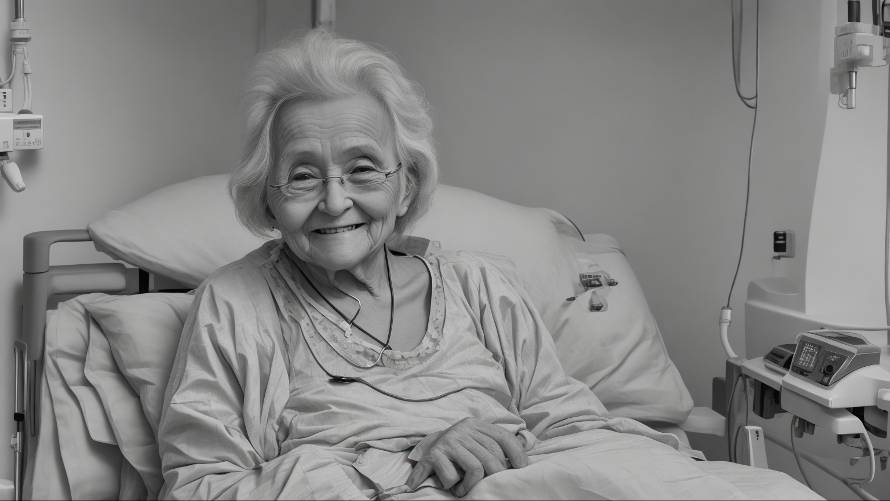A recent study by the Mayo Clinic has delved into the phenomenon of lucid episodes experienced by people living with advanced stages of dementia. The findings, published in Alzheimer’s & Dementia: The Journal of the Alzheimer’s Association, provide valuable insights into the nature and characteristics of these unexpected moments of clarity.
Understanding Lucid Episodes
Lucid episodes are defined as sudden, meaningful, and relevant communication from individuals who were thought to have permanently lost the ability to interact coherently. These episodes can manifest through verbal communication or gestures and actions. The study aimed to identify distinct patterns or types of lucid episodes to better understand when and why they occur.
Types of Lucid Episodes
Joan Griffin, Ph.D., the lead author of the study, explains, “We determined the types of episodes based on the circumstances surrounding the episode, the quality of the communication during the episode, how long it lasted, the level of cognition of the person living with dementia before the episode and the proximity to death.” By classifying the episodes into different types, researchers hope to gain a clearer understanding of these occurrences.
Challenging Previous Beliefs
The study’s conclusions challenge the notion that lucid episodes may signal impending death. Dr. Griffin emphasizes, “It’s important for people to know that these are not necessarily harbingers for death. I think people can get anxious when they happen, so it’s good to know that there are different kinds of episodes that don’t necessarily mean death is imminent.” This finding provides reassurance to caregivers and loved ones who may have been concerned about the implications of lucid episodes.
Ongoing Research
To further investigate lucid episodes and their impact on caregivers, researchers are currently conducting a longitudinal study. Dr. Griffin explains, “With this new study, we’ll be able to understand better what patterns exist and determine the consequences of the episode over time.” This ongoing research will provide valuable insights into the long-term effects of lucid episodes on both the individuals experiencing them and their caregivers.
Supporting Caregivers and Promoting Compassion
Dr. Griffin emphasizes the importance of understanding lucid episodes to support caregivers in their challenging roles and to remind them of the cognitive and emotional potential of people living with dementia. She states, “Caregivers of people living with dementia must manage a long list of challenges and it can be overwhelming. Perhaps understanding these episodes can help lighten that load.”
The study’s findings also highlight the positive impact that lucid episodes can have on the interactions between caregivers and their loved ones. Dr. Griffin notes, “We have found in our research and stories from caregivers that these kinds of episodes change how they interact with and support their loved ones — usually for the better. These episodes can serve as reminders that caregiving is challenging, but we can always try to care with a little more humanity and grace.”
Conclusion
The Mayo Clinic’s study on lucid episodes in people living with late-stage dementia provides valuable insights into this intriguing phenomenon. By understanding the different types of episodes and their implications, caregivers can be better equipped to navigate the challenges of caring for their loved ones. As research continues, it is hoped that these findings will contribute to improved support and compassion for individuals living with dementia and their dedicated caregivers.
If our reporting has informed or inspired you, please consider making a donation. Every contribution, no matter the size, empowers us to continue delivering accurate, engaging, and trustworthy science and medical news. Independent journalism requires time, effort, and resources—your support ensures we can keep uncovering the stories that matter most to you.
Join us in making knowledge accessible and impactful. Thank you for standing with us!

